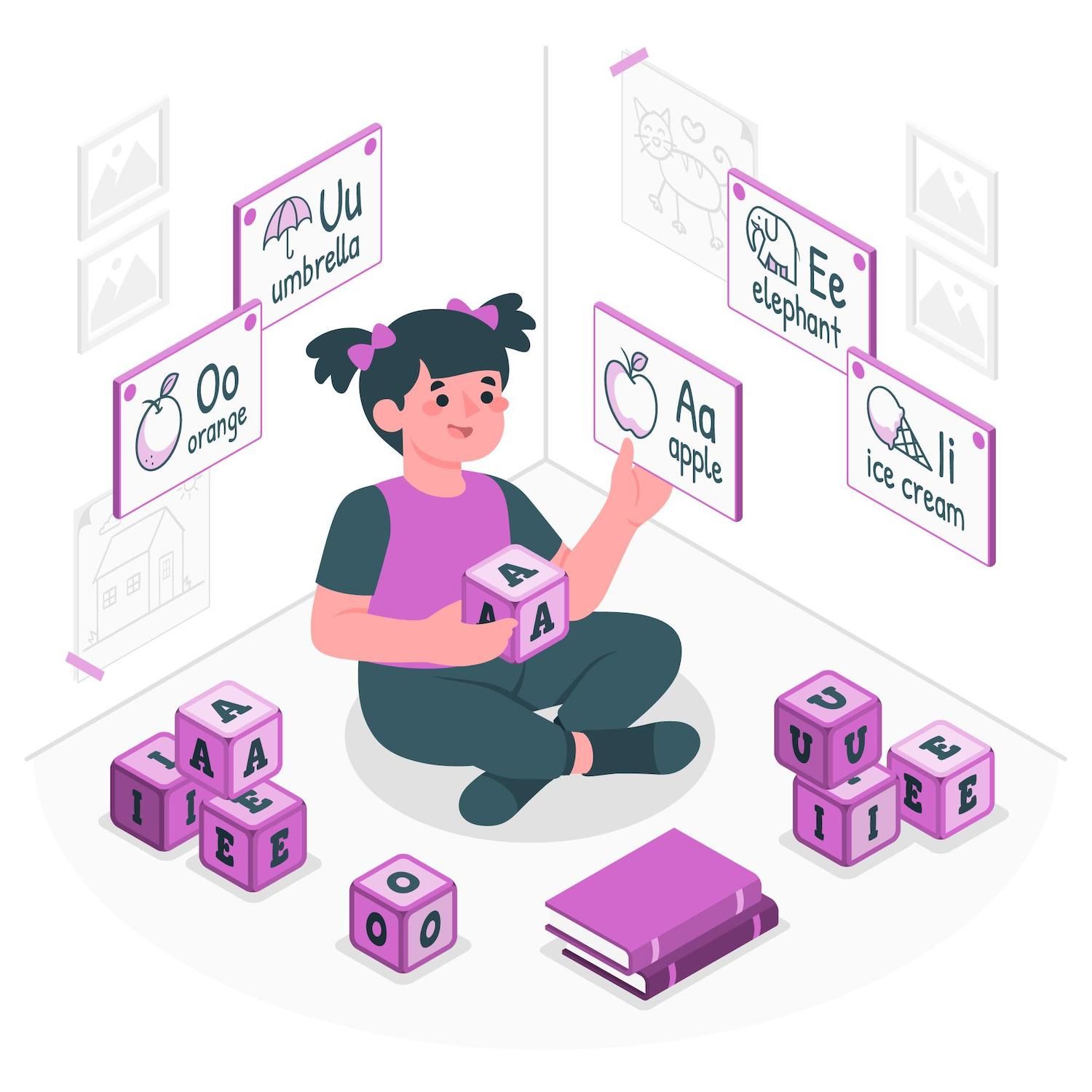Terms

How to restrict content using the use of a paywall could be the most crucial decision a content creator can take. Finding that optimal balance between creating content for free and monetizing isn't easy. You want people to find your content, however, you must also create a viable company.
Let's take a look at the ins as well as outs of gating content and then answer some important concerns:
What exactly is a paywall?
Paywalls are a type of digital barricade which restricts access to certain content on a website. Only people with an active subscription to a paywall or paid membership are able to access the content that is behind the paywall. Paywalls are commonly employed by news sites, online publications, and other online businesses that produce high-quality content that is costly to make.
The goal of a paywall is to generate income for the website or publication, by charging the users for access to the information. This method allows creators of content to monetize their work effectively.
Think of a paywall as an access barrier that restricts access to your content. Just as a gate unlocks and allows access to a structure the content gate or paywall permits access to a certain portion of your content (which is known as gated content or paywalled content). This content may be a podcast, newsletter, blog post, educational course, or something similar.

Unlocking access might be achieved by becoming a subscriber to the podcast, purchasing an online course, or by signing up to to a subscription plan on that blog.
Different types of paywalls
There are many different kinds of paywalls. Here are the differences:
Paywalls that are hard to break
The most commonly used kind of paywall is the hard paywall. It prohibits users from accessing any content until they pay for a subscription or membership. This type of paywall is usually used by newspapers and trusted publications or memberships that produce quality, detailed and comprehensive material.
Soft paywall
A soft paywall permits users to access a small amount of content without paying for it, however, you must sign up or membership to be able to access the entire material. The type of paywall used is typically used by online magazines and other publications that provide high-quality content. However, they also would like to provide access to their content free, perhaps so it is indexed by search engines.
Metered paywalls
Paywalls that are metering allow customers to view a certain quantity of content or pages for free within a specific timeframe (normally per month) before they are required to pay for an annual subscription. This type of paywall is typically used by news blogs and other content-focussed memberships that produce a large amount of material on a regular periodic basis.
Why use a paywall?
Paywalls can be an effective way to monetize a website, especially for content-rich sites such as news organizations, research institutions, or (independent) blogs.
Here are a few reasons that paywalls could be an excellent idea
- Revenue generation: Generate recurring revenue and a direct stream of revenue
- Sustainable business model: Reducing dependence on advertising revenue which in turn creates a greater user experience
- Afflicts on the viewer: Bring in a larger and more loyal audience by analyzing their needs and tailoring your content to suit their needs. It's easier to build a sense of community through active interaction with your audience and asking for their feedback.
- Value perception: If people are ready to spend money on content, it implies it is valuable. Paywalled content typically includes deep analyses, expert insights, exclusive interviews, or high-quality resources for companies.
- Better data and analytics: Receive more data about your clients to know them better. Regularly analyze user behavior, subscription patterns, and churn rates. This data will enable you to refine your paywall strategy for maximum effectiveness.
Which of the content that should be protected?
Our clients and prospective clients often inquire in addition to the first question "What is a paywall?" - "How many pages of content can I include behind the paywall?" but it's better to look at which content should be locked rather than the much.
To decide which content is appropriate to paywalle, you need to consider a few important questions:
1. What's your objective?
If you are writing a blog post or article consider your (primary) goal of this piece of content. Are you seeking to improve the visibility of your business, and establishing yourself as a thought-leader within your field?
Are you trying to monetize and earn revenue from your contents? Are you trying to build your database (often called "generating leads")? The answers to these questions will let you decide what information you need to restrict or gate.

2. Which is your main competition?
There's not much point asking customers to pay for some thing if they can find the same thing for free! When researching your next post, find out if any material related to your area or subject is readily and readily available.
It's not a problem to create more content on the same subject, but as with all content you must ensure that your readers are receiving something other people aren't able to provide This could be a first-hand experience, or an unique insight that nobody else can offer.
3. Are you adding enough value?
If your content isn't adding any value to its people who read it, then it should not be censored. Your content must be unique and provide the information you can't find in other places or be provided in a format that offers high 'production value'.
For instance, content that is longer such as in-depth analyses and ebooks or downloads are suited to paywalled or gated content. smaller content, like blog posts that are up to 1000 words tend to be better free or uncensored content.
Case studies: Companies using paywalls effectively
These famous publications should help in demonstrating how businesses can effectively use paywalls to make money from their content and give exclusive value to their members.
Water and Music
Tech and music writer Cherie Hu created Water and Music an intelligence and research platform for the emerging music business. The goal of the company is to make the music industry more cooperative and transparent by utilizing a peer-to -peer approach to knowledge exchange, in all areas that range from streaming to Web 3.
Stratechery
Stratechery which is managed by technology analyst Ben Thompson, offers a subscription model to access his extensive review of the tech industry. A paid membership gives access to exclusive content along with daily updates as well as an online community forum.
The Mythical Society
Rhett & Link, YouTubers and internet celebrity hosts on Good Mythical Morning, invite you to travel into new dimensions by joining their GTAed-powered content website Mythical Society. The membership gives you access to behind the scenes content, intimate vlogs, unique products and more.
Pack Hacker
Tom Wahlin founded reviews site the review site Pack Hacker, which finds and test equipment for use in travel and everyday life. They believe that they have the most reliable reviews and guides that are created through unbiased real-world tests and use. Members who pay for access to detailed packing guide and exclusive videos.
The Air Current
Former CNN editor Jon Ostrower has become a professional and successful journalist in his own aviation news site The Air Current. The Air Current's primary focus is reporting relevant, timely information as well as analyzing global strategic trends as well as their wider implications on the global aerospace and aviation.
The Athletic
The Athletic is the sports news website which provides premium content as well as extensive coverage of different sports. The Athletic has successfully implemented the subscription model and have been able to attract people who love sports and want top-quality sports journalistic content.
What exactly is the definition of a paywall?
Paywalls provide a cost-effective method for publishers to make money and help the production of top-quality content. Only users who have an active membership can access to view certain pieces of your paywalled (or gated) content.

Paywalls require a careful balance action, since it's crucial to make money from paid content and also provide an opportunity to access your content for free to people so users can find your website. But a well-executed paywall strategy not only ensures the sustainability of your revenue from membership however it also helps to build an engaged and loyal user base.
